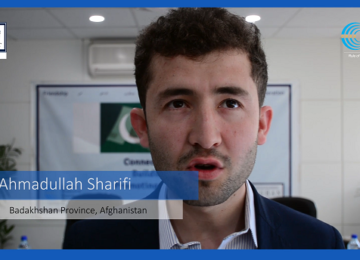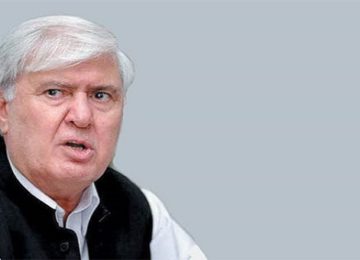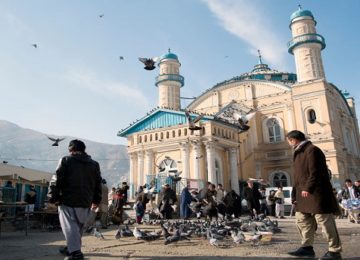January 4, 2018
Pakistan has spent more than Rs67.3 billion during the last one and a half years in its efforts to stop infiltration of terrorists operating in Afghanistan and securing vital installations, including the China-Pakistan Economic Corridor (CPEC), from cross-border attacks, according to sources.
The money that Pakistan spent from July 2016 to December 2017 is over and above the regular defence spending and special defence development programmes, said the sources in the Ministry of Finance. The country used indigenous resources to meet the obligations because the US did not disburse any amount during the mentioned period.
The funds were utilized for fencing the Pakistan-Afghanistan international border, strengthening aerial defence and raising Special Security Divisions for protecting CPEC and other vital installations, said the sources.
In November last year, the finance ministry had given Rs18.1 billion for fencing the porous Pak-Afghan border and making other arrangement there, said the sources. The money was taken out from the Rs45 billion amount that the federal government has kept in the fiscal year’s Public Sector Development Programme for security establishment.
The finance ministry sources said that Pakistan was making huge spending despite fiscal constraints to clear the mess left out by the US.
Defence analysts say that Washington has failed to improve the situation in Afghanistan despite spending billions of dollars there every year and is now trying to find a scapegoat in Pakistan.
The cost of fencing will significantly go up as the country gradually fences the entire 2,611-kilometer-long border. Pakistan has started fencing the border with Afghanistan as part of its efforts not only to regulate the movement of people but also to stop infiltration of terrorists from across the long and porous frontier.
In the first phase, high infiltration-prone border areas in Bajaur, Mohmand and Khyber agencies were being fenced, according to a statement issued by the Inter-Services Public Relations (ISPR) last year. And in the second phase, fencing of the remaining border areas, including Balochistan, will be executed.
Reportedly, a 237-kilometer-long stretch that passes through Khyber, Bajaur and Mohmand agencies is considered to be highly infiltration-prone, and the military is targeting it in the first phase.
While fighting the US-led war against terrorism, Pakistan has so far suffered more than $123.1 billion direct and indirect losses, besides sacrificing the lives of more than 70,000 people. In addition, almost half a million people were displaced from the tribal areas before the launch of Operation Zerb-e-Azb, causing them huge sufferings.
Yet the US is not acknowledging the huge sacrifices.
The US president’s recent outburst against Pakistan has once again triggered a debate over Pakistan’s decision to become an ally of Washington after the September 11, 2001 terrorist attacks.
Pakistan Tehreek-e-Insaf (PTI) chief Imran Khan, on Wednesday, strongly criticised the country’s past leadership for becoming a US ally. He stated that in their double game, the US first created jihadi groups and now, decades later, they were waging a war to eliminate them as terrorists.
Pakistan’s National Security Council on Tuesday showed restraint, saying the country would not act in haste despite Trump’s onslaught.
But Defence Minister Khurram Dastagir Khan on Wednesday warned the US against any attempt to bring the war in Afghanistan to Pakistan’s soil.
An amount of Rs40 billion has been spent on Special Security Divisions since August 2016. In the past five months alone, Pakistan spent Rs10.1 billion in raising Special Security Divisions for protecting CPEC and other vital installations, said the finance ministry sources, adding that the forces were also given Rs5 billion as special duty allowance.
They said that in 2016-17, another Rs25 billion was given for the Special Security Divisions-related expenditures, and the country also spent more than Rs9 billion to improve its aerial defence.
This piece originally appeared in The Express Tribune on January 4, 2018. Original link.
Disclaimer: Views expressed on this blog are not necessarily endorsed or supported by the Center for Research and Security Studies, Islamabad.








